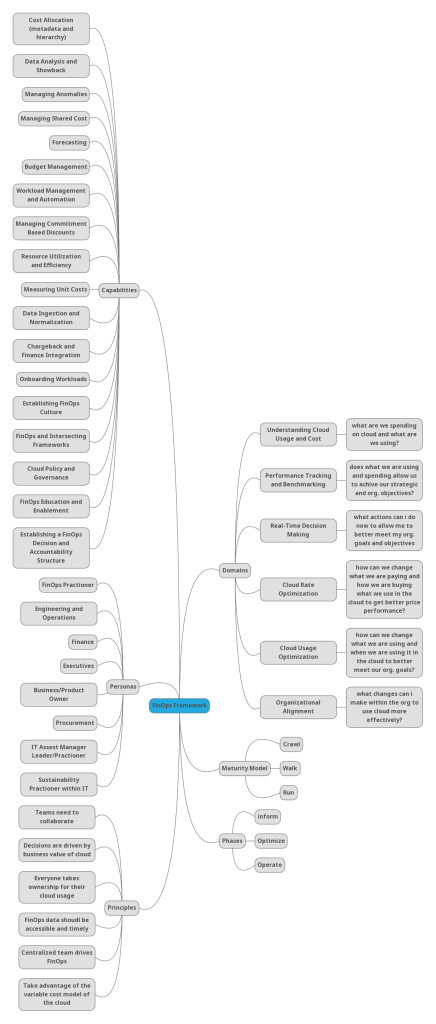FinOps Teaser

Introduction
In an era where digital transformation dictates the pace of business operations, financial operations (FinOps) emerges as a pivotal discipline, blending the agility of cloud computing with the acumen of financial management. FinOps is not just a buzzword; it’s a strategic practice that enables organizations to manage their cloud costs effectively, ensuring financial accountability while fostering innovation. As we delve deeper into the FinOps universe, let’s uncover its core, significance, and the best practices for businesses aiming to thrive in the digital age.
What is FinOps?
FinOps, or Financial Operations, is an evolving cloud financial management discipline that brings together business, finance, and IT to enable teams to move faster, spend smarter, and understand the ROI of cloud spending more deeply. At its heart, FinOps is about enhancing financial control without compromising on agility or performance. It encompasses practices that help organizations to forecast, monitor, and manage their cloud expenses in a proactive and efficient manner.
Why is FinOps Important?
As organizations migrate more services and infrastructure to the cloud, managing costs becomes increasingly complex. Cloud billing is dynamic, with costs associated with compute power, storage, and data transfer fluctuating based on demand, usage, and the specific services utilized. Without a disciplined approach to manage these costs, businesses risk overspending, wasting resources, or stifling innovation due to financial constraints. Here, FinOps plays a crucial role by:
- Improving Cost Visibility: FinOps practices ensure that businesses have real-time insights into their cloud spending, helping them make informed decisions.
- Promoting Collaboration: It bridges the gap between finance, IT, and business units, fostering a culture of accountability and shared responsibility for cloud costs.
- Enhancing Decision Making: With detailed financial metrics and benchmarks, organizations can optimize their cloud investments for better returns.
Best Practices for Implementing FinOps
- Establish a Cross-Functional FinOps Team: A dedicated team comprising members from finance, IT, and business units can drive the FinOps initiative, ensuring a holistic approach to cloud cost management.
- Implement Cloud Cost Monitoring and Reporting: Utilize cloud cost management tools to track spending in real-time, set alerts for budget overruns, and report on expenditure trends.
- Adopt a Culture of Cost Awareness: Encourage all stakeholders to consider the financial implications of their cloud usage, promoting practices like tagging resources for better cost allocation and optimization.
- Optimize Cloud Usage and Spend: Regularly review and adjust cloud resources and services to align with current needs, leveraging reserved instances or committing to savings plans where feasible.
- Iterate and Improve: FinOps is an ongoing process. Continuously refine your practices based on new insights, changing business needs, and emerging cloud services.
The Benefits of FinOps
Adopting FinOps can transform how organizations approach cloud spending, turning potential financial pitfalls into strategic advantages. The benefits are clear:
- Cost Efficiency: By closely managing cloud costs, organizations can avoid unnecessary spending and allocate resources more effectively.
- Greater Agility: With financial insights integrated into the decision-making process, businesses can innovate and adapt more quickly.
- Enhanced Transparency: FinOps fosters a culture of transparency, where cloud spending is fully visible and understandable to all stakeholders.
Conclusion
In conclusion, FinOps is more than managing cloud costs; it’s about strategically leveraging the cloud to drive business value. By implementing FinOps practices, organizations can ensure their cloud investments are not just cost-effective, but also aligned with their broader business objectives. As we move forward, FinOps will undoubtedly play a critical role in shaping the future of financial operations, empowering businesses to navigate the complexities of the digital landscape with confidence and clarity.
FinOps Framework MindMap
